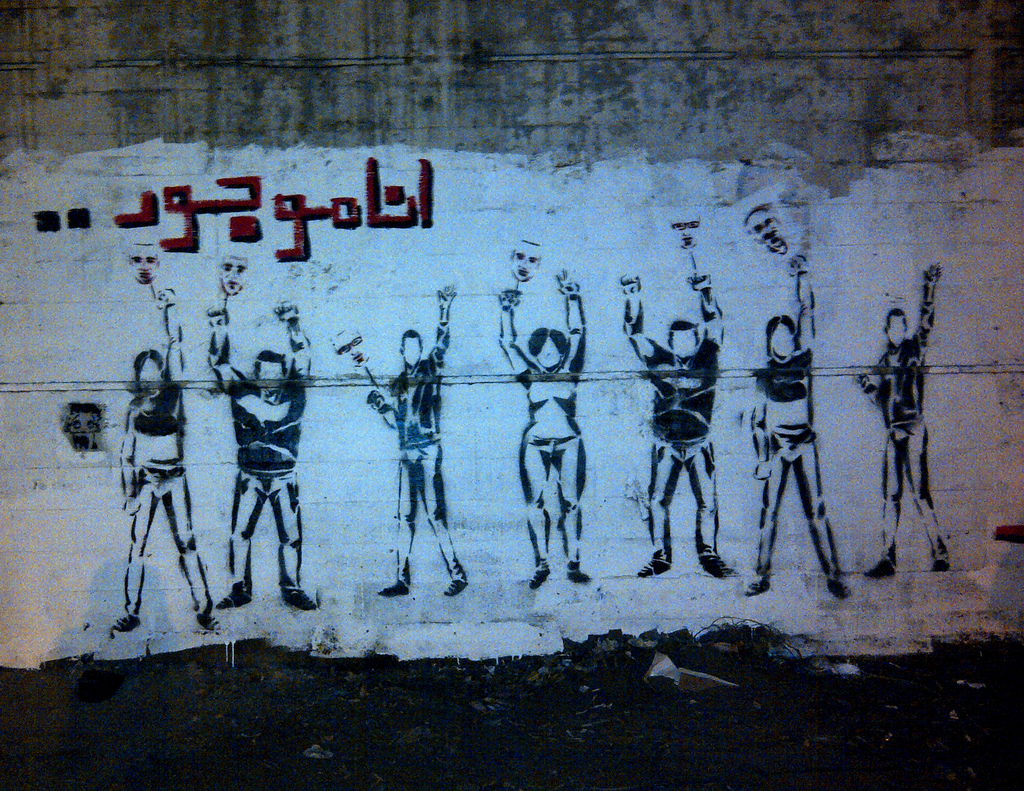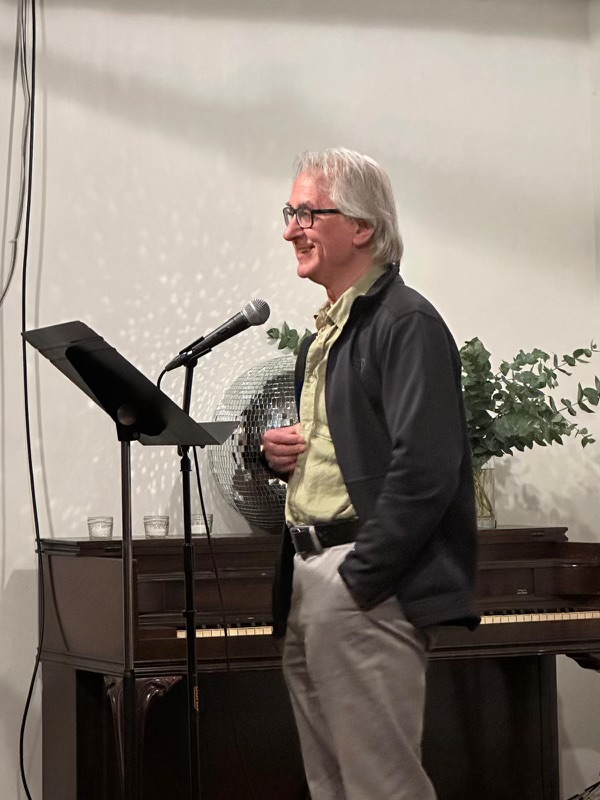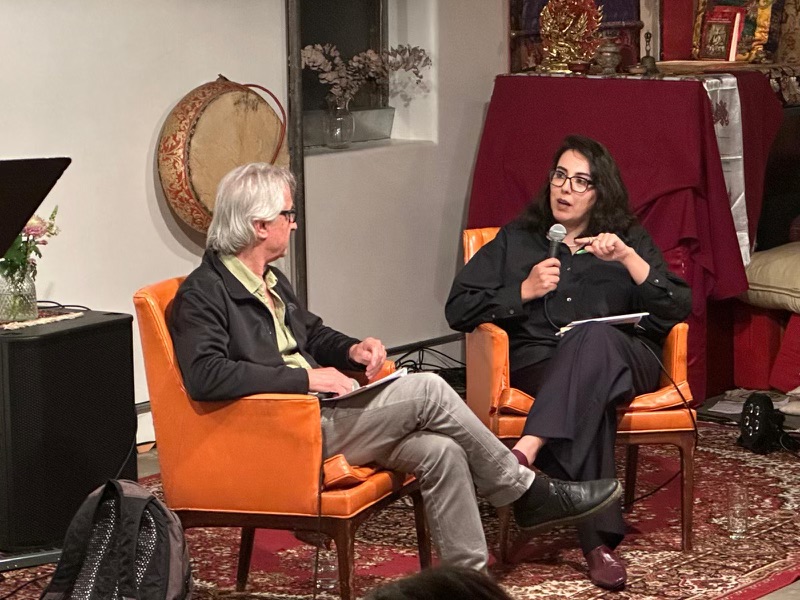NILOUFAR EMAMIFAR
INVITES
ASEF BAYAT
TO GIVE A LECTURE
Free
RSVP required
Limited capacity
INVITES
ASEF BAYAT
TO GIVE A LECTURE
Free
RSVP required
Limited capacity
Thursday,
October 3, 2024
6:30pm
Doors
7pm
Lecture begins
October 3, 2024
6:30pm
Doors
7pm
Lecture begins
Before becoming an artist, Niloufar Emamifar attended architecture school and, separately from her formal studies, frequently worked with anti-establishment architecture collectives. It was in this context that she first encountered Asef Bayat’s 1997 book, Street Politics: Poor People's Movements in Iran.
The book details the economic and political strategies of a group of people who constructed communities within Iran's stagnating urban landscape in the late 1970s and throughout the 1980s. They occupied disused buildings and developed a shared infrastructure that included their own roads, electricity, running water, garbage collection, and shelters, while resisting the Iranian government’s sustained attempts at eviction. After years of struggle, their efforts were ultimately successful.
The book details the economic and political strategies of a group of people who constructed communities within Iran's stagnating urban landscape in the late 1970s and throughout the 1980s. They occupied disused buildings and developed a shared infrastructure that included their own roads, electricity, running water, garbage collection, and shelters, while resisting the Iranian government’s sustained attempts at eviction. After years of struggle, their efforts were ultimately successful.
Niloufar has continued to draw inspiration from Asef’s work ever since. She’s invited him to revisit some of the concepts he first developed in this book and to join her in conversation. Asef's lecture is titled “Non-Movements: From Quiet Encroachment to Political Upheaval.” Here is his abstract:
How do ordinary people and subaltern groups manage their difficult lives in the context of authoritarian polity, neoliberal economies, and moral surveillance? This discussion centers on the concept of social "non-movements" as a strategy employed by marginalized people in the Global South, including the poor, women, youth, migrants, and others to endure and enhance their life chances. These non-movements often operate quietly, individually and under the radar but can transform into visible, collective and large-scale protest movements when opportunities arise. The talk will explore the growing challenges to non-movements from the governments and political-economic elites and examine their implications for subaltern lives and their struggles.
Organized with Eli Coplan and Anthony Huberman
How do ordinary people and subaltern groups manage their difficult lives in the context of authoritarian polity, neoliberal economies, and moral surveillance? This discussion centers on the concept of social "non-movements" as a strategy employed by marginalized people in the Global South, including the poor, women, youth, migrants, and others to endure and enhance their life chances. These non-movements often operate quietly, individually and under the radar but can transform into visible, collective and large-scale protest movements when opportunities arise. The talk will explore the growing challenges to non-movements from the governments and political-economic elites and examine their implications for subaltern lives and their struggles.
Organized with Eli Coplan and Anthony Huberman

Image: Asef Bayat, Cairo, 2011. The text in Arabic translates as “I exist…”.


Niloufar Emamifar is an artist based in New York City. Her work has been exhibited at MoMA PS1 and SculptureCenter in New York, the Hammer Museum in Los Angeles, the Venice Biennale of Architecture, the Iran Biennale of Architecture, and Künstlerhaus Stuttgart, among others. She was a 2023-2024 Artist-in-Residence at the Wattis Institute in San Francisco and is a 2024-2025 Fellow at the Whitney Independent Study Program (ISP)
Asef Bayat (آصف بیات) is Professor of Sociology, and the Catherine and Bruce Bastian Professor of Global and Transnational Studies at the Department of Sociology, University of Illinois, Urbana-Champaign. Before joining Illinois, Bayat taught at the American University in Cairo for many years, and served as the director of the International Institute for the Study of Islam in the Modern World (ISIM) at Leiden University, The Netherlands. Recent books include Revolutionary Life: The Everyday of the Arab Spring (Harvard University Press, 2021), Revolution without Revolutionaries: Making Sense of the Arab Spring (Stanford University Press, 2017), and Life as Politics: How Ordinary People Change the Middle East (Stanford University Press, 2013).
Due to the age and character of the building, the space is not optimized for ADA accessibility and is located up a single flight of 20 stairs with handrails. If you have questions about access, please contact us in advance of the event, and we will make every effort to accommodate you.

